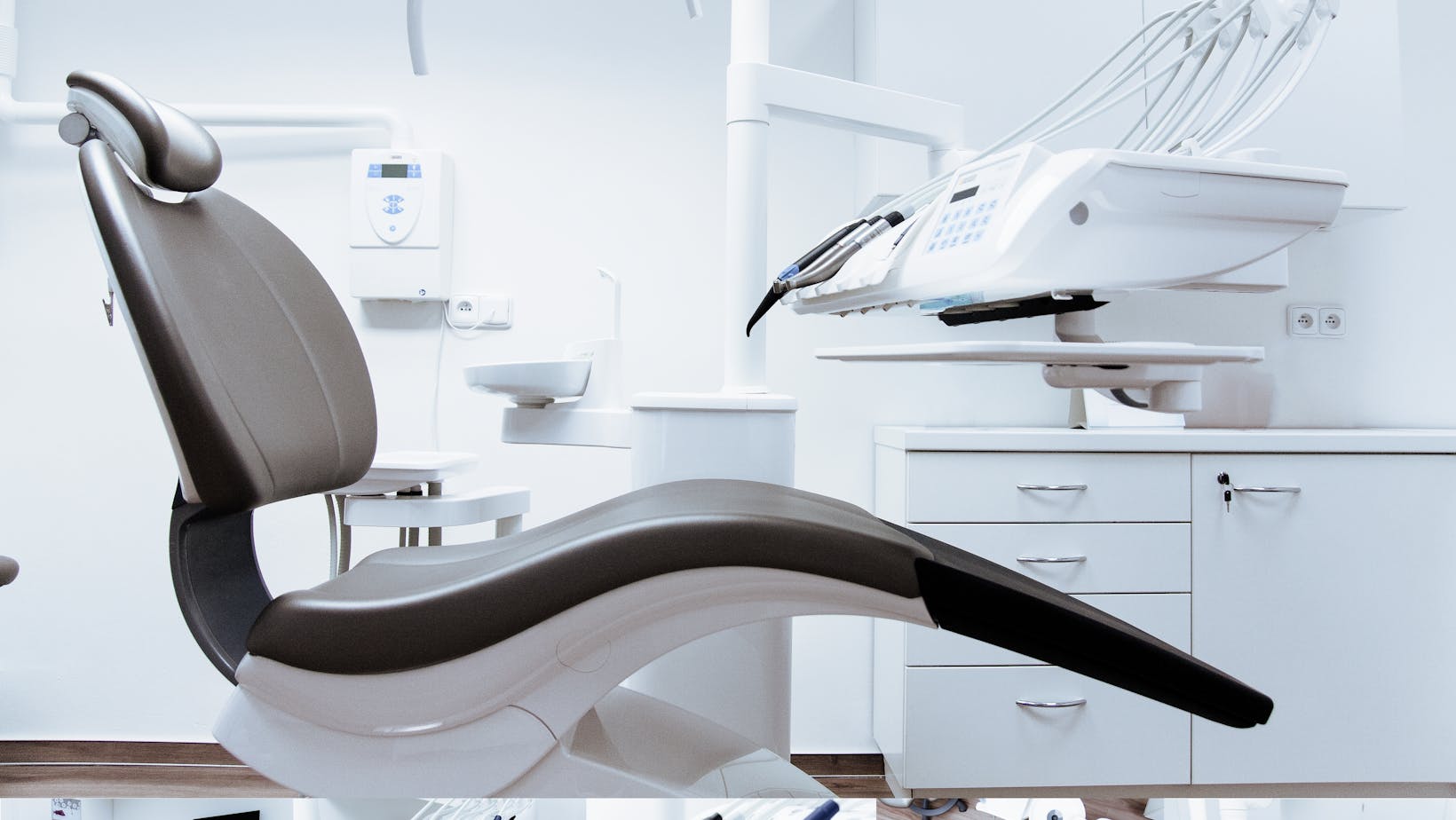When it comes to dental care, prevention is the name of the game. Think of preventive dental care as your teeth’s personal bodyguard, keeping cavities and gum disease at bay while ensuring that dazzling smile stays picture-perfect. Who wouldn’t want to flash a grin that could light up a room?
Table of Contents
ToggleUnderstanding Preventive Dental Care
Preventive dental care includes practices aimed at maintaining oral health and preventing dental issues. Regular check-ups typically occur every six months, allowing professionals to detect problems early. Cleanings help remove plaque and tartar buildup, reducing the risk of cavities and gum disease.
Fluoride treatments provide additional protection against tooth decay. Many dentists recommend these treatments, especially for children. Sealants can also shield teeth from decay, particularly in molars where cavities often form.
Daily habits are crucial for achieving optimal oral health. Brushing teeth twice a day creates a foundation for good hygiene. Using fluoride toothpaste enhances this routine by adding extra protection. Flossing daily removes food particles and plaque between teeth, areas that toothbrushes often miss.
Diet plays a significant role in preventive care. Foods high in sugar can lead to cavities and should be consumed in moderation. Incorporating vegetables, fruits, and whole grains promotes better overall oral health.
Education on proper dental hygiene techniques ensures individuals use the correct methods. Discussing oral health concerns with a dentist can further enhance understanding. This proactive approach to dental care greatly contributes to maintaining a bright smile.
Preventive dental care involves a combination of professional services and personal commitment. Engaging in these practices not only preserves dental health but enriches overall well-being. Prioritizing preventive care ensures longevity and health for each person’s smile.
Key Components of Preventive Dental Care
Preventive dental care includes various practices that protect oral health and maintain a bright smile.
Regular Check-Ups
Regular check-ups occur every six months. These appointments allow dental professionals to examine teeth, gums, and overall oral health. During a check-up, dentists can detect early signs of cavities and gum disease. Early identification enables timely intervention, preventing more serious issues later. Patients can ask questions about their dental health and receive personalized advice on improving their routines. These visits also help reinforce the importance of home care, making them vital in the preventive care plan.
Professional Cleanings
Professional cleanings are scheduled alongside regular check-ups. While brushing and flossing at home play a significant role in oral hygiene, cleanings provide deeper cleansing. Dental hygienists remove plaque and tartar buildup that regular brushing might miss. These cleanings not only improve gum health but also refresh teeth, promoting a brighter smile. Typically recommended twice a year, they complement personal care efforts and contribute significantly to overall oral health.
X-Rays
X-rays play a crucial role in preventive dental care. They allow dentists to see issues not visible during routine examinations. Cavities forming between teeth, impacted teeth, and bone loss appear in X-ray images, aiding in detection. Dentists typically recommend X-rays every one to two years, depending on individual needs. This proactive approach helps prevent potential complications, ensuring patients maintain optimal dental health. Regular X-rays allow for tailored treatment plans that address specific areas of concern.
Daily Oral Hygiene Practices
Daily oral hygiene practices form the foundation of preventive dental care. These habits include brushing, flossing, and rinsing with mouthwash, all contributing to optimal oral health.
Brushing Techniques
Brushing teeth effectively requires using the right technique. Hold the toothbrush at a 45-degree angle to the gums. Use gentle circular motions to clean the outer and inner surfaces of each tooth. Don’t forget to brush the chewing surfaces and your tongue to reduce bacteria. An important aspect involves using fluoride toothpaste to strengthen enamel and fight cavities. Regularly replacing the toothbrush every three months ensures bristles remain effective.
Flossing Importance
Flossing plays a crucial role in maintaining dental health. It removes food particles and plaque from areas that brushes cannot reach, particularly between teeth. Using about 18 inches of floss, wind it around your fingers and use a gentle sawing motion to slide it between teeth. This practice prevents gum disease and cavities, which can develop from trapped debris. Incorporating flossing into your daily routine maximizes prevention efforts and contributes to healthier gums.
Mouthwash Usage
Mouthwash serves as a valuable addition to daily oral hygiene. Using an antimicrobial mouthwash reduces bacteria, freshens breath, and contributes to overall oral health. Swishing mouthwash for 30 seconds after brushing and flossing provides an extra layer of protection against plaque. Selecting a mouthwash containing fluoride further strengthens tooth enamel. Regular mouthwash use supplements brushing and flossing, leading to a comprehensive approach to preventive dental care.
Dietary Considerations
Diet plays a significant role in preventive dental care. The right foods can strengthen teeth and gums, while the wrong choices may lead to serious issues.
Foods to Promote Oral Health
Dairy products like milk, cheese, and yogurt contain calcium and phosphate, essential for rebuilding tooth enamel. Crunchy fruits and vegetables such as apples, carrots, and celery stimulate saliva production, which helps neutralize acids. Whole grains provide necessary nutrients without excessive sugars. Lean proteins contribute to tissue repair, supporting healthy gums. Nuts, particularly almonds, are rich in calcium and healthy fats, promoting remineralization.
Foods to Avoid
Sugary snacks and beverages contribute to tooth decay. Frequent consumption of soft drinks, candy, and pastries increases the risk of cavities. Sticky foods, like dried fruits and chewy candies, cling to teeth and promote plaque buildup. Acidic items, including citrus fruits and vinegar, can erode enamel over time. Processed foods often contain hidden sugars and additives that harm dental health. Reducing these harmful choices enhances oral hygiene and contributes to a healthier smile.
Role of Sealants and Fluoride
Sealants and fluoride play vital roles in preventive dental care. Sealants consist of a thin coating applied to the chewing surfaces of molars, creating a barrier against decay. This protective layer fills in grooves and pits where food particles and bacteria often accumulate. Studies show these sealants can reduce cavities by up to 80% in children and adolescents.
Fluoride strengthens teeth by enhancing the enamel’s resistance to acid attacks from plaque bacteria and sugars in the mouth. Regular exposure to fluoride significantly decreases the risk of tooth decay. Fluoride treatments, often delivered in the form of gel or varnish, are quick and effective, providing an additional preventive measure during dental visits.
Parents should consider applying sealants to their children’s permanent molars as soon as they erupt, usually around age six. Fluoride toothpaste is also recommended for daily use, particularly for children, to support ongoing protection.
Dental professionals often suggest community water fluoridation as a crucial public health measure, benefiting everyone by minimizing cavities across the population. When combined with good oral hygiene practices like brushing and flossing, sealants and fluoride offer powerful support in maintaining a healthy smile. By prioritizing these preventive strategies, individuals greatly enhance their oral health and improve their chances of avoiding complex dental procedures in the future.
Preventive dental care is essential for maintaining optimal oral health and a radiant smile. By integrating regular check-ups and professional cleanings with effective daily hygiene practices, individuals can significantly reduce the risk of cavities and gum disease. A balanced diet further supports this effort by strengthening teeth and gums while minimizing harmful effects from sugary and processed foods. Incorporating sealants and fluoride treatments enhances protection against decay, especially for children. Prioritizing these preventive measures not only fosters a healthier mouth but also lessens the likelihood of needing extensive dental treatments in the future. Embracing a proactive approach to dental care ultimately leads to lasting benefits for overall well-being.




